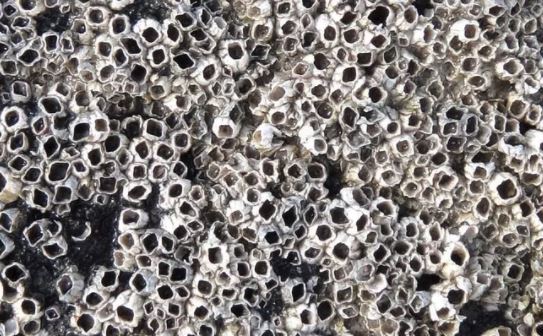
So, your fear of small holes makes total sense in the eyes of science
If you have ever struggled to explain your fear of small holes to other people, you may want to point them in the direction of a recent study which was conducted by psychologists at the University of Kent.
Eager to explore the hypothesis that trypophobia might be born of a fear of parasites or infectious diseases, a team of researchers set about measuring participants' reactions to 16 images of clustered circles.
Eight of these images were of skin clusters caused by an infection or a parasite while the other eight had no connection to disease, and included an image of drilled holes in a brick wall.
The 600 participants, half of whom were tryrophobic and half of whom were not, were asked to give their response to all 16 images.

Researchers established that both groups found the parasite-related images 'uncomfortable' but only trypophobics found all 16 uncomfortable.
In fact, trypophobics experienced physiological reactions including skin itching and skin crawling when confronted with all 16.
Tom Kupfer, leading the team at Kent's School of Psychology, came to the conclusion that the fear stems from a heightened aversion to particular skin conditions including measles, scarlet fever, rubella, and typhus.
In other words, those who suffer from tryrophobia have an innate fear of infectious diseases which ultimately skews perception of images reminiscent of their symptoms or outcome.
The study was published in the journal Cognition and Emotion.






